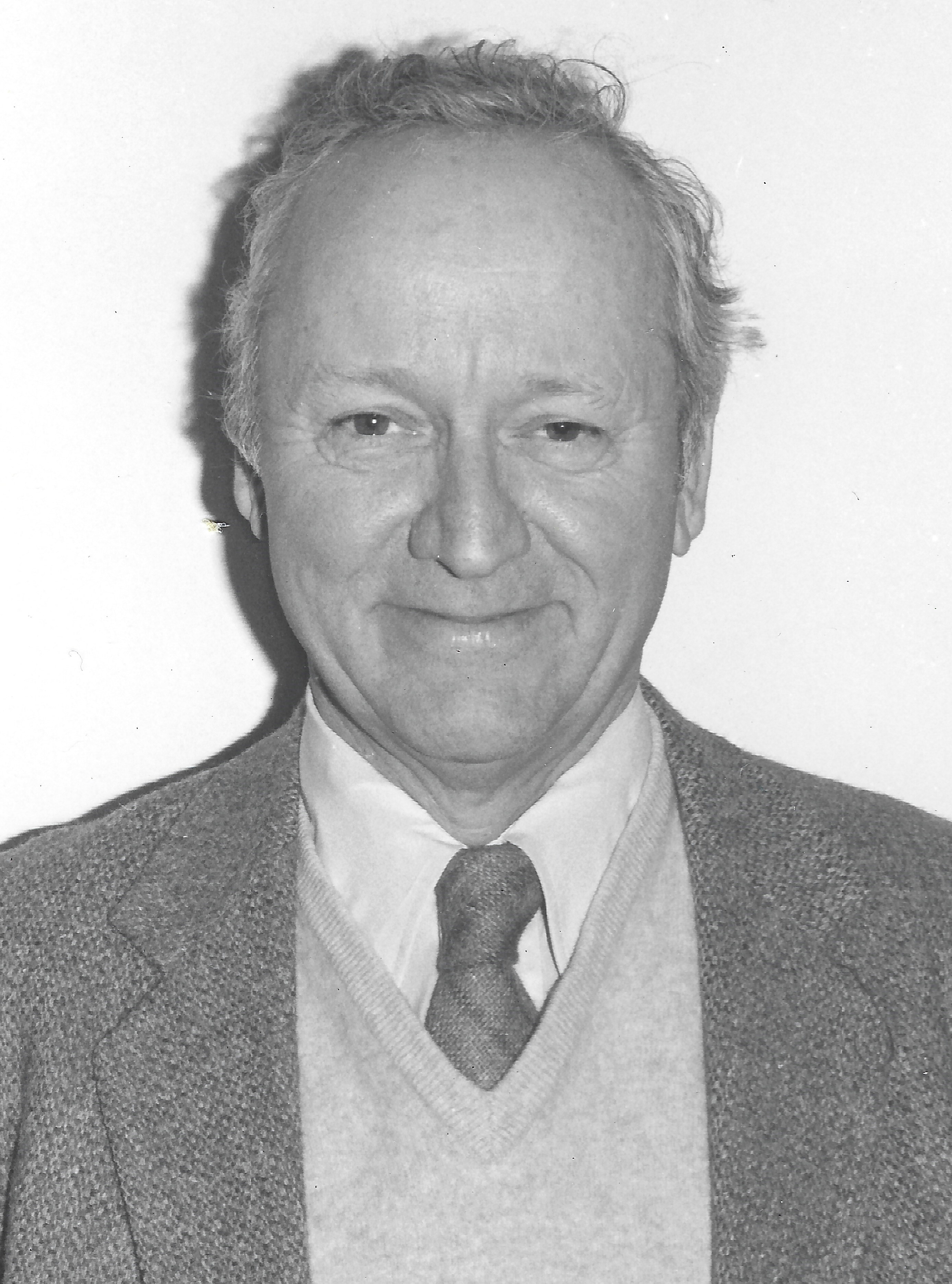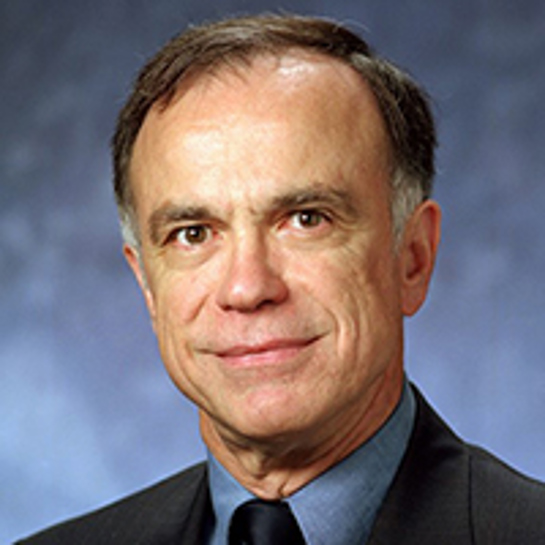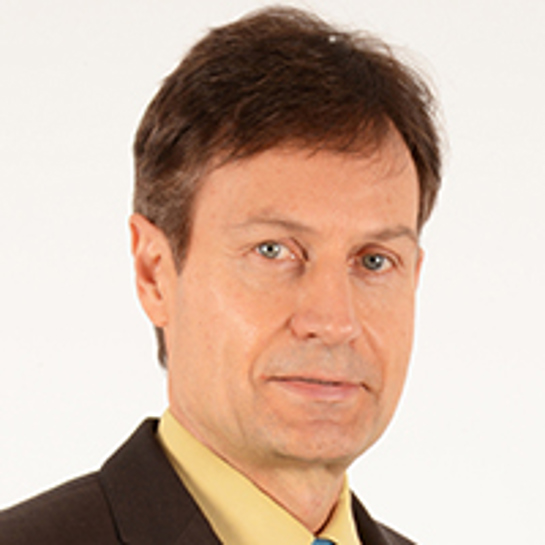Obituary: Werner C. Rheinboldt

Werner C. Rheinboldt, former Andrew W. Mellon Chair of Mathematics at the University of Pittsburgh and a past president of SIAM, passed away on March 19, 2024. He was 96 years old.
Werner began to study mathematics and physics at Heidelberg University in 1947. He graduated in 1952 and worked at an aircraft laboratory in Duisburg, Germany, before beginning a doctoral program at the University of Freiburg in 1953. He earned his doctoral degree in applied mathematics two years later, in 1955.
Werner left Germany in 1956 for a postdoctoral fellowship with Martin Monroe, director of the Institute for Fluid Dynamics and Applied Mathematics at the University of Maryland (UMD). At the Institute, Werner encountered a variety of mathematical problems from different laboratories in the Washington, D.C., area—such as the Naval Ordnance Laboratory—that fostered his interest in computing.
After his postdoctoral stint at UMD, Werner spent two years at the U.S. National Bureau of Standards’ Computation Laboratory before being appointed as director of the Computer Center at Syracuse University in 1959. In early 1961, UMD initiated a search for a director to develop a centralized computing center at the university. Werner interviewed and accepted the position on the condition that the center’s mission be expanded to include an education and research program. The search committee agreed, and the Computer Science Center was born.
The center’s initial phase of development involved constructing a building and writing proposals to obtain a computer. Negotiations with IBM led to the acquisition of an IBM 7090, which was installed and operational in the first two floors of the center by March 1963. In addition to satisfying his directorial duties, Werner was also developing a computer science curriculum and teaching graduate courses. These achievements exceeded all expectations, but for personal reasons he asked the university to search for a new director in 1965. The following year, William F. Atchison replaced Werner as director of the Computer Science Center.
The IEEE Annals of the History of Computing provides a fascinating account of the onset of computing and computer science at UMD [3]. This historical review, which was written by Jack Minker, covers the period from 1940 until the establishment of the Department of Computer Science in 1973. Minker notes that the success of computing at UMD was primarily due to Werner.
After stepping down as director of UMD’s Computer Science Center, Werner remained at the university as a research professor with a joint appointment in the Computer Science Center and the Institute for Fluid Dynamics and Applied Mathematics. Around this time, he and Jim Ortega—who joined the Center in 1964—formed a research group on algorithms for nonlinear problems. This collaboration resulted in their seminal 1970 publication, Iterative Solution of Nonlinear Equations in Several Variables, which laid the foundation for the development of algorithms to solve nonlinear equations and optimization problems [4]. This book became an invaluable reference by providing a unified viewpoint for the local and global convergence of nonlinear iterative methods; the authors’ use of \(Q\)-order and \(R\)-order became the standard measure for the rate of convergence of iterative methods. In 2000, this text was added to SIAM’s Classics in Applied Mathematics series [4].
Werner developed a strong connection with SIAM over the years. His first editorial position was for the SIAM Journal on Numerical Analysis in 1966, just two years after the journal’s inception. He was an associate editor until 1997 and a managing editor from 1970 to 1973. Several years later, Werner was elected as SIAM president from 1976 to 1978; he then served as chair of the Board of Trustees from 1985 until 1990.
In 1978, Werner left UMD and was appointed as the Andrew W. Mellon Chair of Mathematics at the University of Pittsburgh. By this time, his numerical analysis research had expanded to include error estimates for finite element methods. Werner worked jointly with Ivo Babuška to develop computable a posteriori error estimates for accuracy that are applicable in the design of adaptive finite element solvers. He also began to analyze differential-algebraic systems via a geometric approach that treated the systems as differential equations on manifolds. These efforts inspired Werner to write a book about rigid mechanical systems as differential-algebraic systems [5], as well as an extensive article about the theoretical and numerical analysis of differential-algebraic equations [6] — both with his colleague Patrick Rabier.
In 1990, the Association for Computing Machinery recognized Werner’s early education-based endeavors with the ACM-SIGCSE Award for Outstanding Contribution to Computer Science Education. This award acknowledged his contributions as a member of the Curriculum ’68 committee, which produced an influential report that outlined the initial recommendations for computer science education and guided the teaching of computer science for at least 10 years thereafter [1]. In 1984, Werner was selected as a Fellow of the American Association for the Advancement of Science; he was later part of the inaugural class of SIAM Fellows in 2009.
After his retirement, Werner returned to Germany in 2007 and accepted an appointment as an honorary professor at the Technical University of Munich (TUM). The Zuse Institute Berlin held a colloquium the following year in honor of his 80th birthday, with presentations that surveyed the impact of his life’s work. Werner became a highly regarded member of the TUM faculty and occasionally taught his signature course on “Numerical Algorithms on Manifolds.” On informal occasions, students and faculty enjoyed his anecdotes from the early days of computing.
Even before this time, Werner had pursued several professional projects in Germany. He previously served as a member of the Scientific Advisory Board at the Zuse Institute Berlin and translated Peter Deuflhard and Folkmar Bornemann’s Scientific Computing with Ordinary Differential Equations from German to English [2].
Werner crossed the Atlantic Ocean once more in 2020 and moved back to the U.S. to be with his son Matthew. In addition to Matthew, he is survived by his other son, Michael, and their children and grandchildren. Werner leaves behind a rich legacy of research in mathematics, computer science, and scientific computing that will undoubtedly inspire future generations of researchers. We can only aspire to leave our mark in this world at the same level.
References
[1] Atchison, W.F., Conte, S.D., Hamblen, J.W., Hull, T.E., Keenan, T.A., Kehl, W.B., … Young, D.M. (1968). Curriculum 68: Recommendations for academic programs in computer science: A report of the ACM curriculum committee on computer science. Commun. ACM, 11(3), 151-197.
[2] Deuflhard, P., & Bornemann, F. (2002). Scientific computing with ordinary differential equations. In Texts in applied mathematics (Vol. 42). New York, NY: Springer.
[3] Minker, J. (2007). Developing a computer science department at the University of Maryland. IEEE Ann. Hist. Comput., 29(4), 64-75.
[4] Ortega, J.M., & Rheinboldt, W.C. (2000). Iterative solution of nonlinear equations in several variables. In Classics in applied mathematics. Philadelphia, PA: Society for Industrial and Applied Mathematics.
[5] Rabier, P.J., & Rheinboldt, W.C. (2000). Nonholonomic motion of rigid mechanical systems from a DAE viewpoint. Philadelphia, PA: Society for Industrial and Applied Mathematics.
[6] Rabier, P.J., & Rheinboldt, W.C. (2002). Theoretical and numerical analysis of differential-algebraic equations. In P.G. Ciarlet & J.L. Lions (Eds.), Handbook of numerical analysis (Vol. 8) (pp. 183-540). Amsterdam, the Netherlands: Elsevier.
About the Authors
Jorge Moré
STA & Argonne Distinguished Fellow, Argonne National Laboratory.
Jorge Moré is an STA & Argonne Distinguished Fellow in the Mathematics and Computer Science Division at Argonne National Laboratory.

Bernd Simeon
Professor, Technical University of Kaiserslautern
Bernd Simeon is a professor in the Department of Mathematics at the Technical University of Kaiserslautern.

Stay Up-to-Date with Email Alerts
Sign up for our monthly newsletter and emails about other topics of your choosing.



